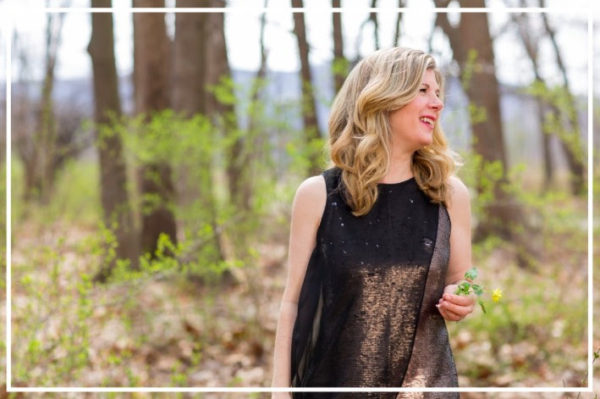Words by Corinne Casella
On night two of Dar Williams’ run at City Winery, as part of her Mortal City Tour, Williams and journalist Hendrik Hertzberg opened to an enthusiastic crowd. Rather than a musical opener, Williams handpicked authors and poets that she felt encompassed the feeling of democracy she had intended with her breakthrough album. Hertzberg, who once dubbed Williams as, “one of America’s very best singer-songwriters,” opened the show with words immortalizing New York City’s complicated past by the late E.B. White, Woodie Guthrie and Walt Whitman. Hertzberg’s illustrious career as a liberal essayist and one-time speech writer for Jimmy Carter, made him the perfect speaker to remind the audience of Mortal City‘s full circle resonance. First released in 1996 during a different election year, her work continues to be a work of prophecy, eerily mirroring the current political climate.
Armed with a guitar and a smile, Dar Williams took the audience back in time twenty years for an intimate evening of memories and music. Williams charmed the crowd with not only her music but her superb story-telling skills. Her stage presence, song anecdotes and witty banter kept the audience enthralled. Williams reminded everyone in attendance what it sounds like when lyrics were created to be more than filler between riffs. When the words are poetry and the music is a just a back drop. Accompanist and pianist Bryn Roberts, added depth and layers to the songs, complementing Williams at every turn.
The night started off strong with a resounding and energetic version of “As Cool As I Am”, with Williams bellowing in perfect harmony, “I will not be afraid of women.” Other highlights included fan favorite “Iowa”, which culminated into an audience-wide sing-a-long. In a nod to the changes since the song’s original release, fans lifted cell phones into the air rather than lighters, illuminating the space and adding weight to the already charged moment. In “This Was Pompeii”, a beautifully haunting folk ballad, Williams channels the likes of mentor Joan Baez. She sings of the love of a city, long after the ashes and the destruction have settled, the ability to still see something of its former majestic glory.
Williams’ unique blend of optimistic liberalism and authenticity is never so perfectly expressed than in a song like “The Christians and the Pagans”. The song today is like a holiday anthem for the open-minded, but at one time its innovation and courage, paved the way for honest exploration of gender and sexuality stereotypes. While “The Blessings” touch on themes such as gentrification analysis, and an examination of what the American Dream means today. Stripped down, raw and honest, “Mortal City”‘s lyrics are as resonant today as they were then. At once both poignant and evocative, lyrics like “We are not lost in the Moral City,” ring out like a triumph. With a poetic sensibility, Williams explains how over the last 20 years she has seen a return to town green ideals and a homegrown community. In the end Mortal City, and its final message is ultimately a love story.
Follow the rest of the Mortal City tour here.
www.darwilliams.com
TheWaster.com | NYC
9.27.16



